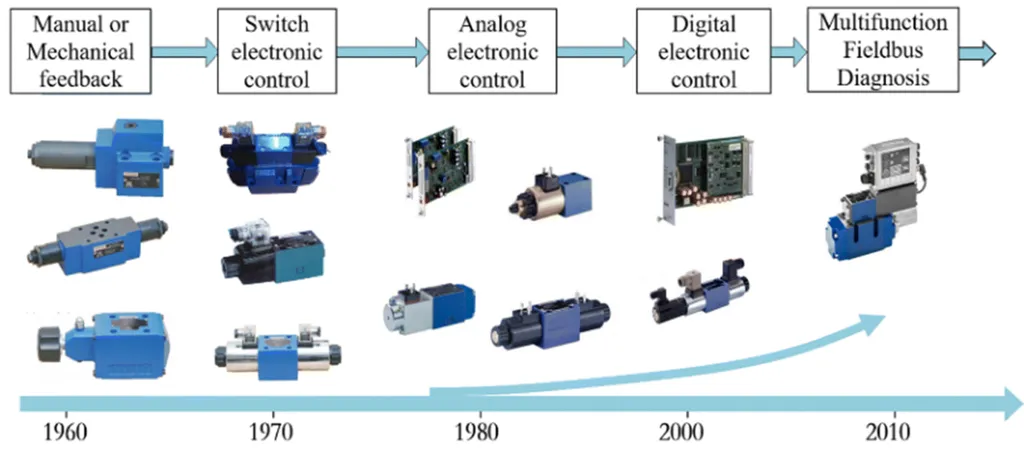In the world of high-precision engineering, where every micron counts, a breakthrough in control systems could redefine the capabilities of electro-hydraulic position servo systems, particularly in demanding sectors like aerospace and energy. Researchers, led by Yuesong Li from the School of Mechanical Engineering at Henan University of Science and Technology, have developed a novel control strategy that promises to enhance the performance of these systems significantly.
The innovation, detailed in a recent study published in *Nonlinear Dynamics* (translated from Chinese), introduces a fractional-order super-twisting sliding mode active disturbance rejection control (FOSSMC). This advanced control method addresses the inherent challenges of nonlinearity, time-varying dynamics, and disturbance susceptibility in electro-hydraulic systems.
“Traditional sliding mode control often faces a trade-off between rapid convergence and chattering,” explains Li. “Our approach incorporates fractional calculus to create smoother switching terms, effectively suppressing low-frequency disturbances while accelerating response times.”
The results are impressive. Simulations show a 37.25% faster rise time, a steady-state error of just 0.008 mm—meeting ISO 4400 Class H precision standards—and an 18.37% reduction in sinusoidal tracking error. Moreover, the system demonstrates robust performance even with ±15% parameter variations, a critical factor for industrial applications.
For the energy sector, these advancements could translate into more precise and reliable control of hydraulic systems used in power generation and industrial machinery. “The ability to fine-tune the system’s response through additional parameters like λ1 and λ2 provides unprecedented flexibility,” Li adds. “This could lead to more efficient and accurate operations in high-stakes environments.”
The integration of fractional-order operators with super-twisting sliding mode control and active disturbance rejection control not only enhances performance but also offers greater tuning freedom. This could pave the way for more sophisticated control strategies in various industries, from aerospace to hydraulic stamping machinery.
As the demand for high-precision control systems continues to grow, this research could shape the future of electro-hydraulic position servo systems, driving innovation and improving efficiency in critical applications. The study’s findings, published in *Nonlinear Dynamics*, highlight the potential of fractional-order control strategies to revolutionize the field, offering a glimpse into a future where precision and reliability are paramount.

